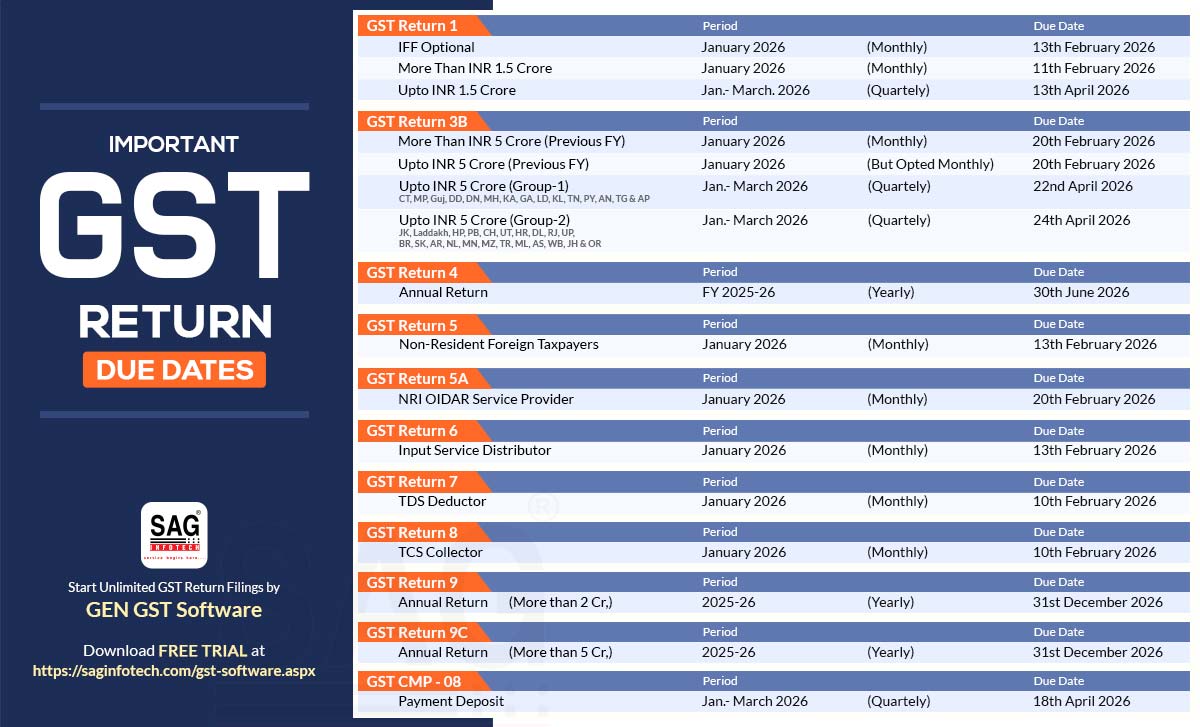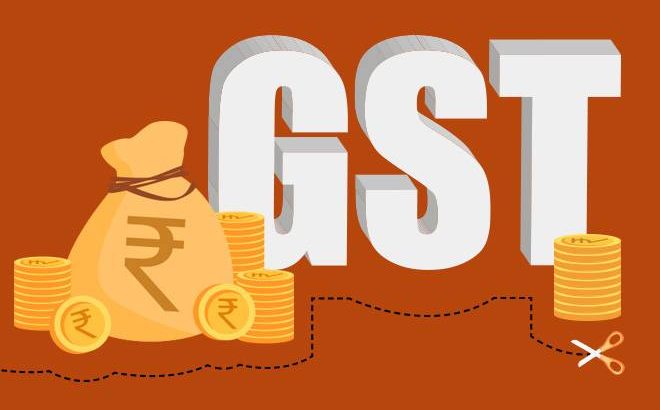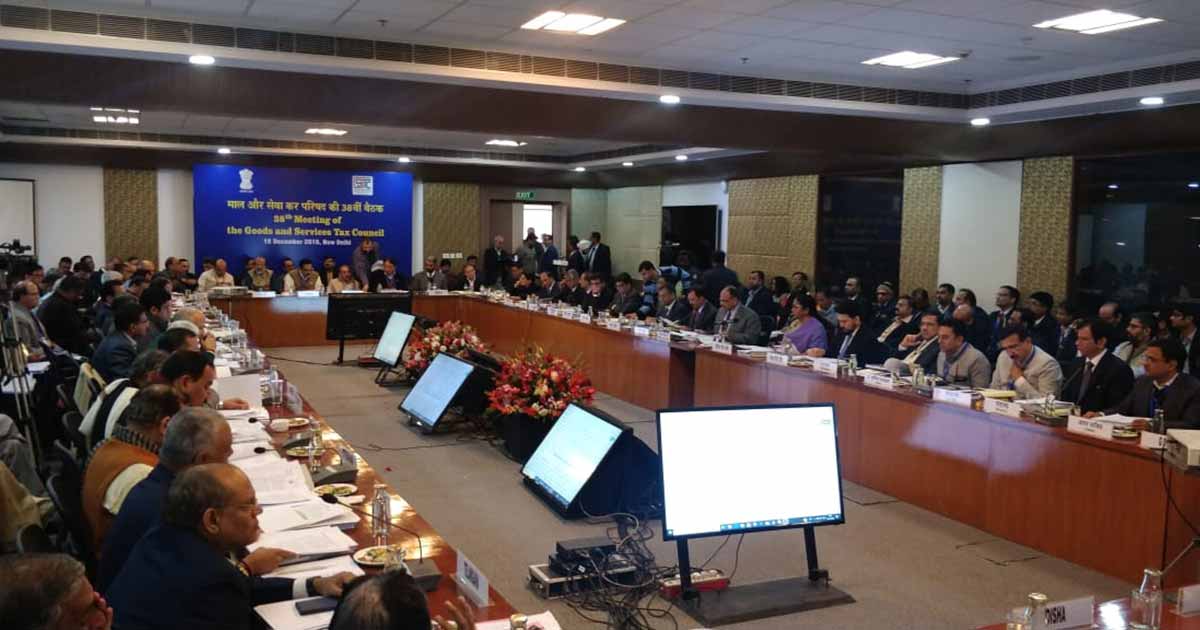1) A decision to defer the applicability of the e-invoicing system
The preparation of e-invoicing seems sub-par, and the GST Council may consider extending the date of implementing the e-invoicing system by three months. It is said that it may be made applicable from 1st July 2020 as against the earlier date of 1st April 2020. With more time at its hands, GSTN may be able to provide improved solutions as well.
2) Rolling out the new GST return system in April 2020
As per the latest development on 7th March 2020, taxpayers are facing many technical difficulties on the GST portal. These have led the GSTN to give Infosys a fortnight to fix them. Given that the government wants to fix the present GST return system sooner, it seems to be looking to stabilise the present system ending in March 2020.
Moreover, the annual GST returns filing facility will be on focus till 31st March 2020. On the other hand, the CBIC and tax officers are increasingly concerned about the number of tax evasions and are looking into the means for its prevention. All these have led to the speculations that the new GST return system might be pushed further by a month or two.
3) The anomaly of the interest charged on delayed GST payment to see an end
The applicability of interest charge is now on the net liability, as opposed to gross liability, but applies prospectively. Many tax professionals and small taxpayers are dissatisfied with the move, requesting the government to make this a retrospective change since July 2017.
4) Relaxing the penal consequences for the notices related to FY 2017-18 and FY 2018-19
There have been multiple instances where the GST notices have been sent out for wrongful tax credit claims and non-payment of interest on delayed GST payment. In some cases, the extended due dates in the previous periods have not been considered while sending out the notices. Considering that the first two years of GST was mostly not stable for taxpayers, giving them relaxations will help them bear less damage. Hence, any penalty or late fees reduction will help them prepare for better compliance in future periods.
5) GST rate structure change and rate hikes speculated
It was speculated in the previous GST Council meeting that the five slab structure would be brought down to three slabs by carrying out a major rate rejig. The 5% tax rate will be hiked up to a maximum of 9-10%, and the 12% tax rate will be removed.
The GST Council has set up a revenue augmentation committee to look into the possible solutions for increasing the GST collections. In addition to these, certain items that were exempted or nil rated may make a comeback under the tax net.
The GST Council has begun correcting the cases of inverted tax structure prevalent for certain items and sectors. In the 38th GST Council meeting, GST on woven and non-woven bags was increased from 12% to 18%. More items such as mobiles, textiles, solar modules, railway locomotives, fertilisers, steel utensils (whose output tax rate ranges between 5-12%) are expected to undergo the rate corrections. However, no major rate changes can be expected in the current scenario.
6) Miscellaneous expected
States will be pushing the centre to resolve the compensation matter, who are most likely to demand full compensation for the fiscal year. Hence, long deliberations are expected in the room. The GST Council will also be discussing the measures to strengthen and build a strong GST system against tax evasions.
The previous GST Council meeting was concluded on 18th December 2019 where an important decision was made to defer GSTR-9 and 9C for the first two years of GST. All eyes are on this GST Council meeting as addressing the taxpayers’ woes tops the agenda.







